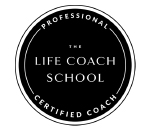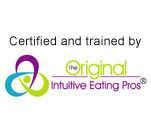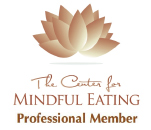Do You Have A Healthy Relationship With Food?
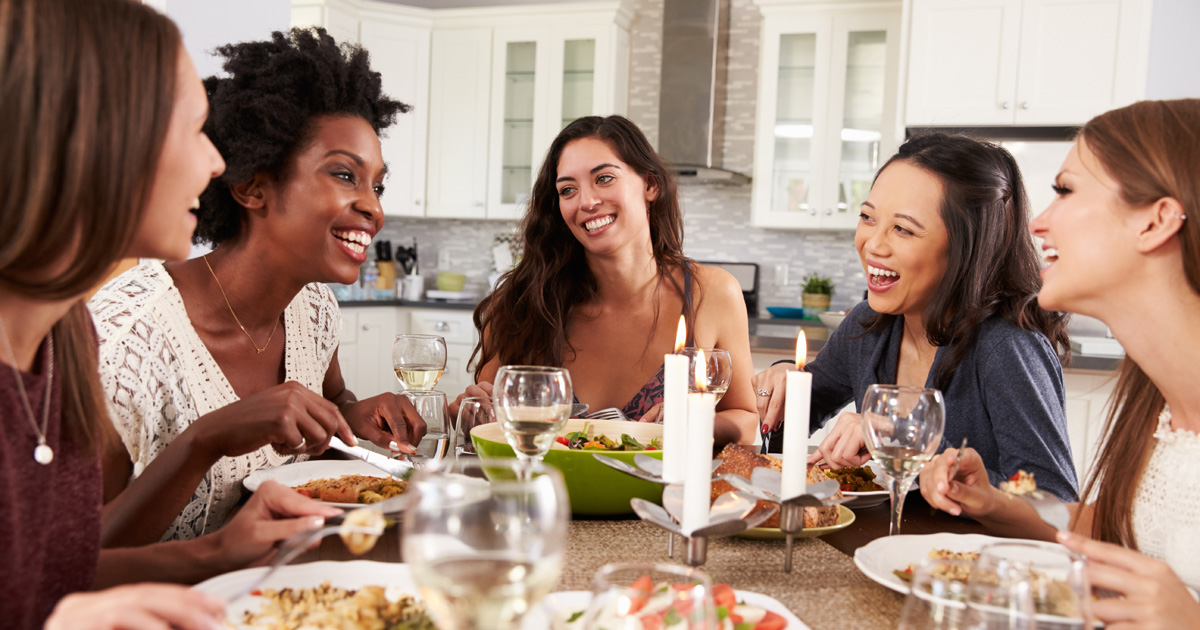
Filed Under: Intuitive Eating
3 February 2017 | Written by Xenia Ayiotis
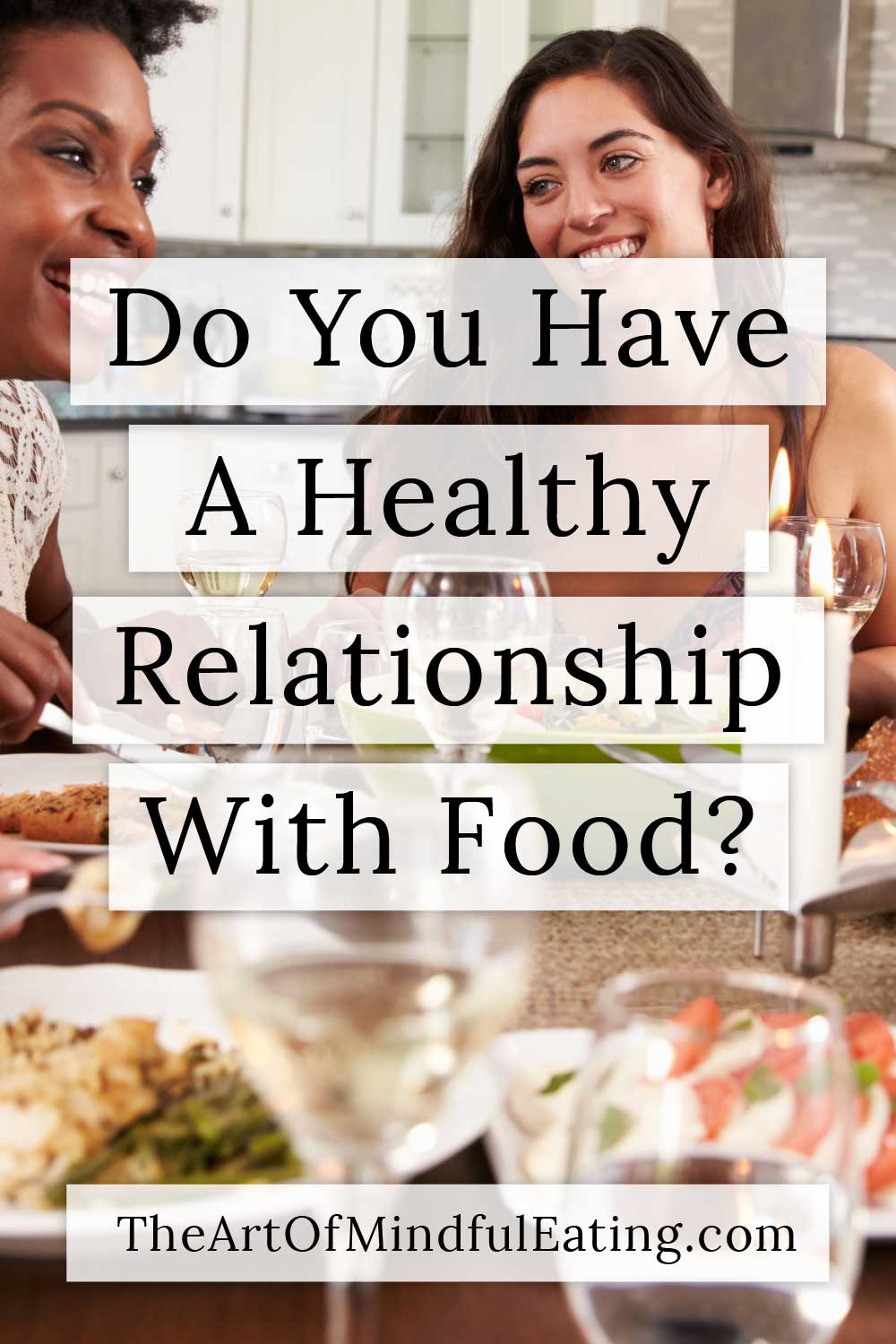
When we think about our relationship with food, we tend to focus on WHAT we are eating. A healthy relationship with food is not just about what we eat but also WHY and WHEN and HOW we eat.
The main causes of an unhealthy relationship with food are:
- Diets, restrictive eating and choosing to eliminate food groups for non-health reasons.
- Body dissatisfaction and negative body image.
- Emotions – from trauma to stress to mild emotional discomfort.
- Physical discomfort and pain.
- Environmental factors such as lack of food, people, places and the weather.
Here are some common characteristics of a healthy relationship with food and eating:
- Hunger is the main reason you eat, you listen to your body for hunger signals and that is your cue to eat. Although you will sometimes eat for non-hunger reasons.
- You don’t obsess about the foods you can or can’t eat, what you ate the day before or will eat later.
- You don’t promise yourself you will be “good” at eating the next day.
- You don’t judge yourself as “good” or “right” for eating certain foods and “bad” for eating other foods.
- You enjoy and take pleasure in eating many different foods.
- You don’t constantly calculate calories, points, carbs or use apps to decide if you can “afford” to eat something or not.
- You generally do not cut out food groups (unless for serious health reasons eg: diabetes, celiac disease, high cholesterol) .
- You stop eating at a comfortable point. Sometimes you eat till full or overfull but it’s most often at social gatherings or religious holidays.
- You are able to leave food on your plate without the urge to finish it. You may feel a bit of guilt for wasting food but you usually stop eating before you feel completely uncomfortable.
- You may reward yourself with food occasionally but not regularly.
- You may eat emotionally occasionally but mostly you have other means to cope with difficult emotions and situations other than by eating.
- You have breaks when you are not thinking about food and there are intervals about 3 – 6 times a day when you feel physically hungry and take pleasure in eating.
- You don’t feel guilt and shame about eating certain foods or overeating.
- You don’t eat because you are scared you may be hungry later or as Geneen Roth says “eating for the hunger to come”.
- You eat in full view of other people regardless of what you are eating.
- You see food as food – a source of fuel for your body and a source of pleasure. Food is not seen as a friend or an enemy.
- You are relaxed when there is a lot of food available: eg social gatherings, on holiday, at buffets. You don’t turn invitations down because of food.
- You feel happy and content with life when you are not eating. Eating is not your primary source of pleasure and there are other things in your life that bring you joy.
- You don’t criticise yourself for eating certain foods or for overeating.
- You move your body because it feels good and you enjoy movement and you don’t use exercise as punishment for overeating or for permission to eat later.
- Sometimes you under eat and wish there was more food but you can let it go. If a meal is unsatisfying you are able to move on and not compensate later.
- Your approach to food is flexible and you trust your body and yourself around food.
If this does not sound like you, don’t despair! We are not meant to be perfect eaters, that doesn’t exist! There may be aspects that you already do, but you can (with time, patience and practice) change your relationship with food. I would recommend by starting with 2 books: Intuitive Eating by Elyse Reych and Evelyn Tribole and Mindful Eating by Jan Chozen Bays.
May you be well.
May you feel free around food.
May you eat with pleasure and joy.
May you accept your body with love.
Xen
You might also be interested in blogs about:
“Words can not describe how Xen changed my life! She freed me from being a prisoner of food because food controlled every aspect of my life since I was a child. I abused my body in so many ways from starving myself, eating to the point of feeling sick to my stomach and using exercise to punish myself for the amount of food I had eaten. Xen also taught me to be kind to myself, to be patient with myself and most of all to forgive myself. She helped me to build a healthier relationship with food and my body image. Xen was patient, kind and listened to what I had to say. Her audio lessons and reading material on her online courses and her youtube channel also helped me enormously in this process. She helped me to live the life I was meant to live and I now look at everything in life (not just food) through a different lens!”
“From our first meeting - two faces on Zoom across the world from each other, there was a sense of familiarity and comfort that was a healing balm for a lifetime of food struggles and dieting. Without realizing how much damage I had done to myself by adhering, for decades, to restrictive food plans and rigid diet programs, Xen had a way of redirecting the harsh and negative self-talk and sending me forth each week with compassion, mindfulness and a new way of seeing myself in the here and now. Gone are the maybe somedays, and if-only, and when-I’m-smaller thinking. Now I am committed to the imperfect and rocky path to listening to my body, accepting my perfect imperfections, and rejecting diet mentality. Those negative voices will revisit me from time to time, I know, but Xen has offered valuable tools for meeting each day as a fresh start - another choice, another chance. Her devotion to this work and her belief in her clients is a remarkable gift; I am so fortunate to have found her. It is never too late to let go of the drama and embrace joy, ease and self-acceptance.”
“I felt hopeless and helpless in my daily struggle with mindless eating for many years. Then I found Xen which is exactly what I needed! My decision to work with her helped me to finally repair my relationship with food. It's changing my life for the better, one day at a time. Now I have control over the food, instead of it having control over me, which is the way it should be. I highly recommend Xen to anyone who has a desire to overcome similar food struggles. Xen, thank you from the bottom of my heart!”
“I reached out to Xenia because 2021 started on a tumultuous note for me. Between deaths, businesses suffering, hospitalizations, and job losses in our personal circle, I felt depleted and found myself being available for everyone but myself. Then I was hit with an unexpected health diagnosis, which was the last straw as it meant giving up “healthy foods” and workouts that I leaned on for my well-being and stability. Despite working in wellness (Yes, coaches and healers are vulnerable too!), I found myself reaching out to desserts for comfort. I like to live a life of permissions (not labels or deprivation leading to bingeing), so I wanted to work with someone who approached healing from a place of mindful compassion. I didn’t want to be my own client. Xenia was great in reminding me to be kind to myself. Working with her, brought me peace and helped shift my mindset. I love how desserts and I look at each other now.”
“Working with Xenia was amazing. She armed me with a bunch of tools to help me through difficult times. Xenia is the kind of person who really cares for helping you in the long run. Her work will forever have an impact in my life.”
“Working with Xen was a game changer for me. After working together for a few months my relationship with food radically changed. I no longer felt like a failure. I now have the tools to nourish my body with foods that feel good in my body. I don’t feel guilty about eating cake or chocolate, I also don’t overeat cake and chocolate. I no longer feel the need to exercise to compensate for my eating. I feel much more free around eating and I am more accepting of my body. Xen has a nonjudgmental and compassionate approach to coaching and really supports you in the process.”
“Working with Xen has been very empowering. Her approach is so refreshing from the usual. I have learned that I am in charge and that I get to choose what I put in my body and how to move my body in a way that I like! I get to make my own choices. It’s so liberating. Once you get a taste of freedom with food, there is no turning back to old ways! Thanks Xen for guiding me along the way to freedom.”
“This is the answer for those of you that struggle with food and all that surrounds it. Xenia said that I could make peace with food and it seemed at the time like an impossible dream. Turns out it isn’t. I recommend Xen and the mindful eating / intuitive eating approach unreservedly. If you have any questions about my experience, please get in touch. Thank you Xen. My rating: ⭐⭐⭐⭐⭐”
“Xenia was a walking, living, breathing example of what can be done. I laughed and cried my way through a short course in this fascinating and invigorating programme with her, and have gained a designer tote full of coping skills that go way beyond containing kilogrammes. I feel infinitely lighter. I am doing this for me and, yes, you can do this for you too! And believe me, I’m cynical!”
“I don’t obsess about food like I used to. I am thinking differently about food and feeling so much more relaxed around all types of food. It’s wonderful to have pleasure and satisfaction from eating.”
“I learned a new way of thinking about food. I have learned that food is not the enemy and that it can actually be enjoyed with no guilt.”
